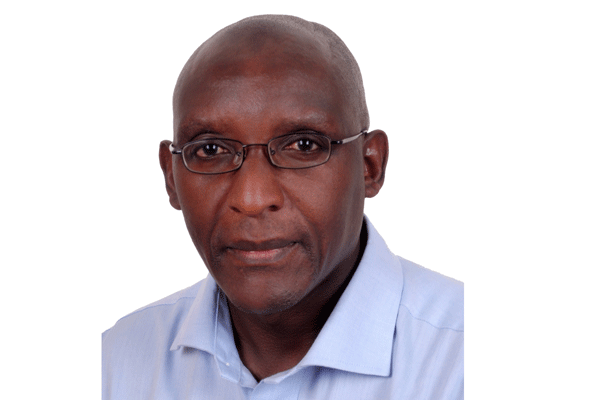Look beyond living wage to motivate civil servants

Author: Okodan Akwap. PHOTO/FILE
Public servants are gnashing their teeth over low pay and inequitable remuneration in Uganda’s civil service. They are right. And Prof Augustus Nuwagaba is right in stating that the principle of ‘equal pay for work of equal value’ would ensure fairness, enhance motivation of our civil servants and avoid “knock-on-effects” in various public institutions. (See, ‘Fast-track establishment of salaries commission to end strikes over pay’ in Daily Monitor of October 16.)
However, Prof Nuwagaba’s solution to the problem stops at recommending a reward system based on the equity theory of motivation propounded by J Stacy Adams.
This theory posits that individual employees subjectively judge the fairness of the rewards they get in comparison with the inputs (such as effort, time, education and experience) when compared with what other employees in the same organisation or – in this case – same civil service earn.
We must look beyond monetary motivation to adequately address the creeping unrest in our civil service. A long-lasting solution will come only after a comprehensive study is done to include key aspects not captured by Prof Nuwagaba’s survey in 2009.
We must address four key areas of public servants’ compensation: Base rewards, including salaries and wages; in-kind rewards for transportation, housing, meals, health insurance, telephone, etc; intangible rewards for non-contractual things like job security, prestige, social privileges, trips abroad and training; and future rewards via pension, housing, a plot of land, etc.
So government should go beyond the matter of equitably increasing salaries and wages.
Monetary motivation aside, civil servants need material motivation. They need transportation to arrive in office in time. They need telephones and airtime to be accessible when needed. They need rent-free housing. They need group health or life insurance coverage.
They need meals subsidies. They need vehicle loans. They need training. They need study-with-pay opportunities. They need to be needed.
Instead of hearing about such things, we hear this from public service minister Muruli Mukasa: “Any civil servant who refuses to work over poor pay should resign.” Eh, Muruli!
Even the repressive regime of Muammar Gaddafi, with a highly centralised decision-making structure, knew better. Gaddafi used oil revenue to provide healthcare and free education (up to university) and subsidised energy, housing and food for citizens, including civil servants. In this way, much of Gaddafi’s support came from Libya’s civil service.
Down in Zimbabwe, government has tried to provide material motivation to civil servants. Late last year, Uncle Bob’s government unveiled a plan to provide housing to 100,000 civil servants across Zimbabwe. The average salary of a civil servant in Zimbabwe is $400 per month. But the average price of a housing unit in a suburban neighbouhood is $8,000. That spells real doom for civil servants to have decent roofs over their heads.
Security motivation for our civil servants would comprise packages that make their jobs secure. Hazard allowances and fair severance pay should be planned for. In Uganda, a Permanent Secretary is fired and all he gets is one month’s pay in lieu of notice!
Public servants need to enjoy intangible benefits even after they retire. The way we do things is that the day you reach retirement age, your name is simply deleted from the dreaded computer! Can’t we think of programmes that give these people chances for reemployment after retirement?
This cruelty to people who dedicate many years to serving their country must stop.
Idi Amin is remembered for making sure that with all the acute scarcities in Uganda, his unruly soldiers had access to a range of essential commodities at hugely subsidised prices from the Army Shop.
According to Frederick Taylor, man is motivated to perform higher under the condition of higher reward. Reward goes beyond living wages.
Dr Okodan is the Dean, Faculty of Social Sciences and Management Sciences, Kumi University. [email protected]


